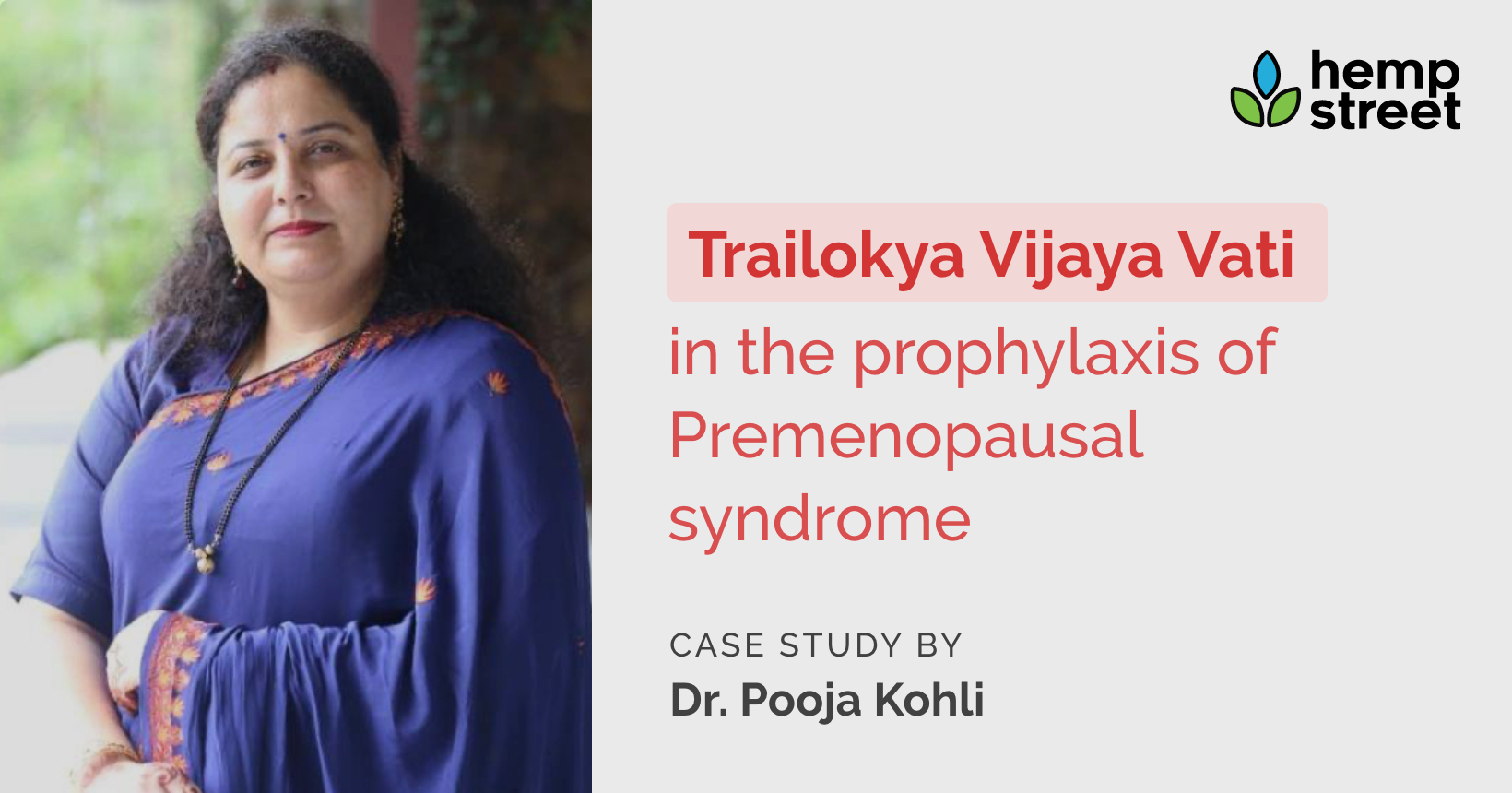Premenopausal syndrome, a multifaceted journey that precedes menopause, brings forth a myriad of physical and emotional shifts. As women transition through this phase, hormonal fluctuations can trigger a symphony of symptoms, shaping their experiences in profound ways.
This comprehensive guide delves into the intricacies of premenopausal syndrome, empowering individuals with knowledge, coping mechanisms, and support to navigate this transformative period.
Overview of Premenopausal Syndrome

Premenopausal syndrome, often known as perimenopause, is a transitional phase that typically begins several years before menopause, the point at which a woman’s menstrual periods cease. This phase is characterized by a gradual decline in the production of the hormones estrogen and progesterone, which can lead to a wide range of physical and emotional symptoms.
The most common symptoms of premenopausal syndrome include hot flashes, night sweats, sleep disturbances, mood swings, irritability, anxiety, vaginal dryness, and changes in menstrual patterns. These symptoms can vary in severity and duration from woman to woman.
Hormonal Changes
The hormonal changes that occur during premenopause are primarily related to the decline in estrogen and progesterone production. Estrogen is responsible for regulating the menstrual cycle and maintaining the health of the reproductive system, while progesterone helps prepare the uterus for pregnancy.
As estrogen levels decline, the menstrual cycle becomes irregular and ovulation may become less frequent. Progesterone levels also fluctuate, which can lead to changes in mood, sleep, and other symptoms.
Physical Effects
The physical effects of premenopausal syndrome can be significant and can include:
- Hot flashes and night sweats
- Sleep disturbances
- Vaginal dryness
- Changes in menstrual patterns
- Weight gain
- Skin changes
- Bone loss
Emotional Effects
Premenopausal syndrome can also have a significant impact on a woman’s emotional well-being. Common emotional symptoms include:
- Mood swings
- Irritability
- Anxiety
- Depression
- Difficulty concentrating
- Memory problems
Management of Premenopausal Syndrome

Managing premenopausal syndrome involves a multifaceted approach encompassing lifestyle modifications, medications, and stress management techniques. By adopting these measures, individuals can effectively alleviate symptoms and improve their overall well-being during this transitional phase.
Lifestyle Modifications
Incorporating healthy lifestyle choices can significantly impact the severity of premenopausal symptoms. Regular exercise, a balanced diet, and adequate sleep are crucial components of an effective management plan:
- Exercise:Physical activity helps regulate hormones, reduces stress, and improves sleep quality. Aim for at least 30 minutes of moderate-intensity exercise most days of the week.
- Diet:Consuming a diet rich in fruits, vegetables, and whole grains provides essential nutrients and antioxidants that can mitigate symptoms. Consider reducing caffeine and alcohol intake, as these substances can worsen hot flashes.
- Sleep:Establishing regular sleep patterns and creating a relaxing bedtime routine can help improve sleep quality and reduce fatigue.
Differential Diagnosis of Premenopausal Syndrome

Premenopausal syndrome (PMS) shares symptoms with several other conditions, making it crucial to rule out underlying medical issues. Consulting a healthcare professional is essential to determine the correct diagnosis.
Conditions Mimicking PMS Symptoms
- Thyroid disorders
- Polycystic ovary syndrome (PCOS)
- Endometriosis
- Pelvic inflammatory disease (PID)
- Stress and anxiety
- Vitamin and mineral deficiencies
Importance of Ruling Out Medical Conditions
Underlying medical conditions can cause symptoms similar to PMS, and timely diagnosis and treatment are crucial for optimal health. Misinterpreting PMS symptoms for another condition can delay proper care.
Guidelines for Seeking Professional Evaluation
Consider seeking medical evaluation if you experience:
- Persistent or severe symptoms that disrupt daily life
- New or worsening symptoms after age 45
- Symptoms that do not improve with lifestyle changes or over-the-counter medications
- Unusual or unexplained vaginal bleeding
- Pelvic pain or discomfort
Impact of Premenopausal Syndrome on Health and Well-being

Premenopausal syndrome (PMS) can have a profound impact on a woman’s physical, mental, and emotional well-being. Its effects extend beyond the menstrual cycle, affecting overall health and quality of life.
The hormonal fluctuations that occur during PMS can disrupt various bodily systems, leading to a range of symptoms that can vary in severity from woman to woman. These symptoms can significantly impair daily functioning, affecting work, relationships, and overall well-being.
Cardiovascular Health
PMS can increase the risk of cardiovascular disease in women. Estrogen, a hormone that declines during PMS, plays a protective role in maintaining healthy blood vessels. Its decrease can lead to increased inflammation, arterial stiffness, and blood clotting, increasing the risk of heart attack and stroke.
Bone Health
Estrogen also plays a crucial role in bone metabolism. During PMS, declining estrogen levels can lead to bone loss and an increased risk of osteoporosis. Osteoporosis is a condition characterized by weakened and brittle bones, making them more susceptible to fractures.
Cognitive Function
PMS can affect cognitive function, particularly memory and attention. Fluctuating hormone levels can disrupt neurotransmitters in the brain, impairing memory consolidation and retrieval. Additionally, PMS symptoms such as mood swings and anxiety can further interfere with concentration and focus.
Mental Health Issues
PMS is strongly linked to mental health issues, particularly anxiety and depression. The hormonal changes that occur during PMS can trigger mood swings, irritability, and emotional instability. These symptoms can significantly impact a woman’s mental well-being and relationships.
Importance of Support and Resources
Managing the impact of PMS on health and well-being requires a multifaceted approach. It is essential for women to seek support and resources to cope with the symptoms and improve their overall well-being. This may include:
- Consulting a healthcare professional for diagnosis, treatment options, and lifestyle modifications
- Joining support groups or online forums to connect with others experiencing similar challenges
- Exploring complementary therapies such as yoga, meditation, or acupuncture to manage stress and improve mood
- Making healthy lifestyle choices, including regular exercise, a balanced diet, and sufficient sleep
By seeking support and implementing effective strategies, women can mitigate the impact of PMS on their health and well-being, improving their quality of life and overall health outcomes.
Long-Term Implications of Premenopausal Syndrome

Premenopausal syndrome (PMS) can have significant long-term effects on a woman’s health and well-being. While the symptoms of PMS typically subside once menopause is complete, the hormonal changes that occur during this time can increase the risk of developing certain chronic conditions later in life.
Osteoporosis
PMS can lead to decreased bone density, which increases the risk of developing osteoporosis, a condition characterized by weak and brittle bones. This is because estrogen, a hormone that helps protect bones, decreases during PMS and menopause. As a result, women who experience severe PMS may be more likely to develop osteoporosis and experience bone fractures in the future.
Heart Disease, Premenopausal syndrome
PMS can also increase the risk of developing heart disease. Estrogen helps to protect the heart by lowering cholesterol levels and reducing inflammation. When estrogen levels decrease during PMS, the risk of heart disease increases. Additionally, PMS can contribute to high blood pressure, another risk factor for heart disease.
Dementia
Some research suggests that PMS may increase the risk of developing dementia, including Alzheimer’s disease. This is because estrogen has been shown to have neuroprotective effects, and its decline during PMS and menopause may contribute to cognitive decline.
Preventive Measures and Early Intervention
To reduce the long-term implications of PMS, it is important to take preventive measures and seek early intervention. This includes:
- Maintaining a healthy weight
- Exercising regularly
- Eating a healthy diet
- Getting enough sleep
- Managing stress
- Talking to a doctor about hormone replacement therapy or other treatments
By taking these steps, women can help reduce their risk of developing chronic conditions later in life and improve their overall health and well-being.
Common Queries
What are the common symptoms of premenopausal syndrome?
Premenopausal syndrome can manifest in various symptoms, including hot flashes, night sweats, mood swings, irritability, sleep disturbances, vaginal dryness, and changes in menstrual patterns.
How can I manage the symptoms of premenopausal syndrome?
Lifestyle modifications, such as regular exercise, a balanced diet, and stress management techniques, can effectively alleviate symptoms. Additionally, medications like hormone therapy and antidepressants may be prescribed to address specific concerns.
Is it important to seek professional evaluation for premenopausal syndrome?
Yes, consulting a healthcare professional is crucial to rule out underlying medical conditions that may mimic premenopausal syndrome symptoms. Proper diagnosis and personalized treatment plans ensure optimal management and support.